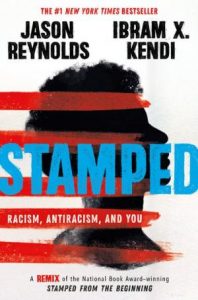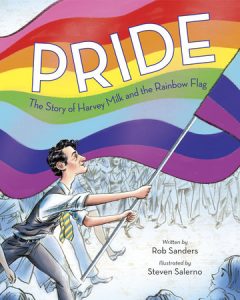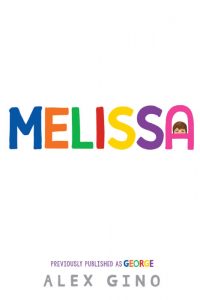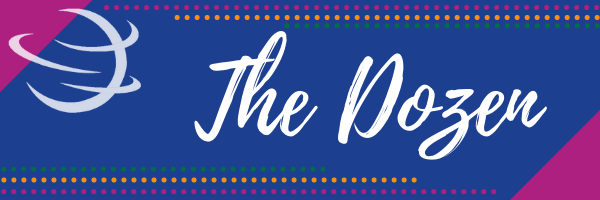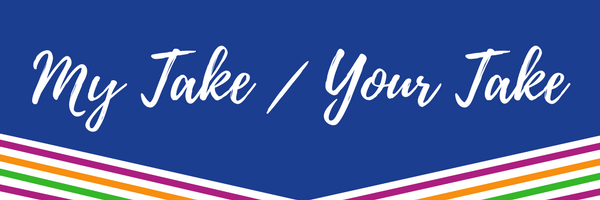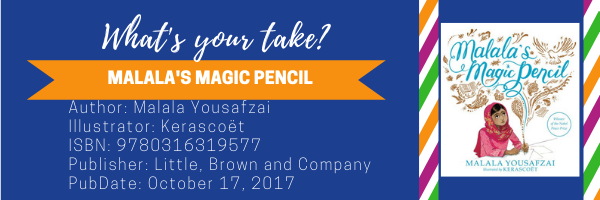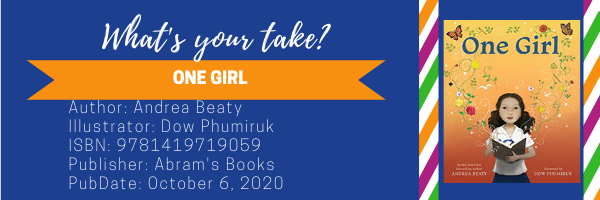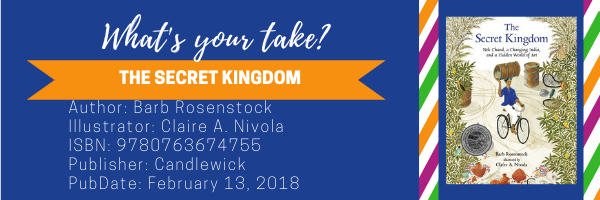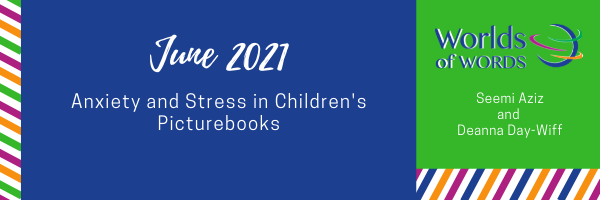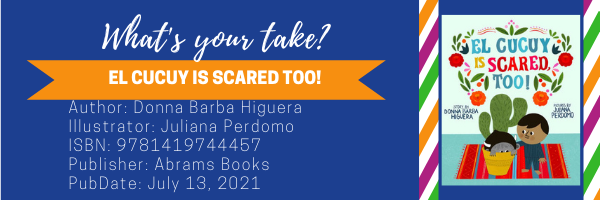By Deanna Day, Washington State University, WA, and Barbara A. Ward, University of New Orleans, LA
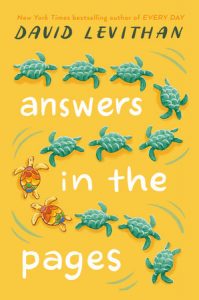 In this final blog post—our fourth on this topic—we discuss the current situation in states that seem to be leading the charge in challenging or banning children’s books. We also consider community members and libraries who are standing up and speaking out for the freedom to read.
In this final blog post—our fourth on this topic—we discuss the current situation in states that seem to be leading the charge in challenging or banning children’s books. We also consider community members and libraries who are standing up and speaking out for the freedom to read.
States with Many Book Challenges
It’s not hard to see that there are great divisions in the world of book challenges and banning, and there are some unexpected consequences to the recent publicity surrounding increased book challenges. For instance, one town, Kalispell, Montana, won’t be celebrating Banned Book Week this year since the ImagineIF library trustees have determined that the event is too divisive. The Library Board members are concerned about the influence of the American Library Association on the annual event, thus choosing to forgo any involvement in the occasion. Banned Book Week, which celebrates the freedom to read, has been in existence since 1982. Continue reading


